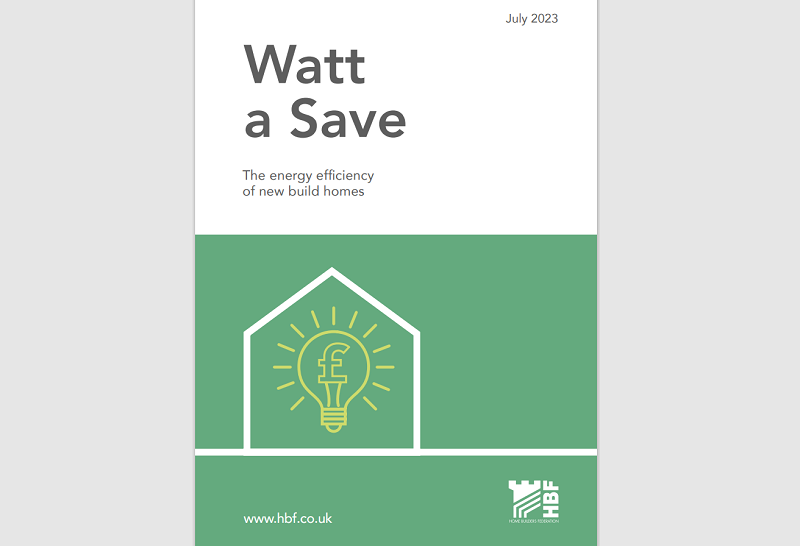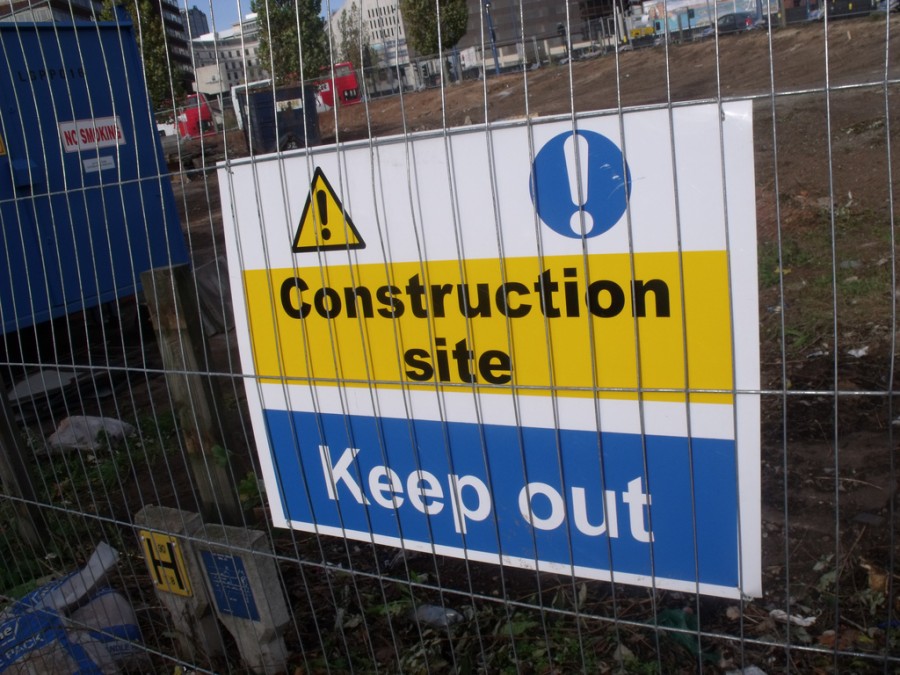Research published by the Home Builders Federation shows that the owners of new homes will continue to save an average of £135 on monthly running costs under Ofgem’s new price cap, while helping to reduce the country’s carbon emissions by 500,000 tonnes a year.
The average energy bill saving increases to 64% when comparing new houses with older counterparts, making average monthly running costs £183 cheaper.
HBF’s ‘Watt a Save July 2023’ report finds new builds consistently achieve high energy performance levels, with 85% being awarded an A or B Energy Performance Certificate (EPC), versus just 4% of older properties. The analysis of government data also shows new homes use 55% less energy and 60% less carbon than older counterparts.

The findings illustrate the benefits of modern building practices, technology and products, and industry’s commitment to greener, environmentally conscious construction.
As home builders continue to adapt at pace to support the country’s net zero targets, HBF is calling on Government to work with lenders to establish a proper market for green mortgages.
As it stands, most mortgage affordability assessments are based on the same energy bill assumptions, despite Energy Performance Certificates (EPC) providing an indication of household running costs. Lenders will therefore apply the same assumed monthly expenditure to households regardless of the performance of the property they are purchasing This is a missed opportunity to offer improved mortgage deals that incentivise environmentally conscious and long-term money-saving buying decisions, which would also support the next generation to realise their homeownership ambitions.
The report also looks ahead to examine the performance of new property built to increasingly rigorous building standards, including Part L requirements introduced last year and the Future Homes Standard set to come into effect in 2025. It estimates new homes constructed to 2022’s Part L criteria will emit 71% less carbon than the average older property.
As the 2025 carbon net zero housing target nears, Government must intervene to ensure the supply chain and skilled workforce exists to enable home builders to deliver ever more technologically-advanced and energy-efficient new homes the country needs.
Neil Jefferson, Managing Director at HBF says: “The action industry is taking to continually improve the energy and carbon efficiency of new homes is contributing significantly towards Government’s net zero action plan and helping to ease the mounting pressures on household incomes across the country.
“As mortgage affordability gets tougher, rental costs increase and the country’s need for homes grows increasingly desperate, lenders and Government must review affordability assessments in consideration of these numbers to support more people to get onto the housing ladder.
“Meanwhile, if Government is serious about delivering the number of homes the country needs and achieving against its environmental commitments, nationwide investment in skills programmes, retraining and apprenticeships is essential.”




















